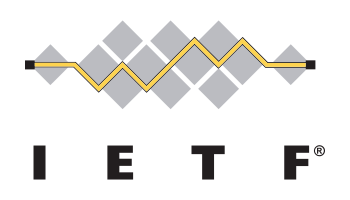If every piece of spam had a tag or a label (such as "ADV:") in the subject line, it might be easier to delete, but does that save you the time and money downloading the spam in the first place?
What if you make a long-distance call (as many millions of Americans do) or pay per-minute or per-kilobyte charges (as much of the world, and most users of wireless services do) to receive your email? Unfortunately, filtering on ADV doesn't save anything.
This is also verified by the United States Federal Trade Commission's conclusions, that tags like ADV would materially help consumers or ISPs to block unwanted commercial e-mail or to segregate commercial e-mail from other e-mail messages.
Just filter it at the ISP level, you say? Unfortunately, the way email works, email servers have to receive an email in its entirety before it's possible to scan the message looking for ADV in the subject line. More importantly, adding such filtering capability requires additional server capacity; if you double or triple the number of server actions needed to process an email message, you increase the amount of resources consumed by that message. So as the volume of spam continues to increase, even deleting every message tagged with ADV will eventually require more and more bandwidth, more and more server capacity, and more and more money.
Which is better: No spam at all or 50 spams properly labelled for deletion? The answers to this question is why CAUCE believes that tags and labels are not a viable solution to the spam problem.

















